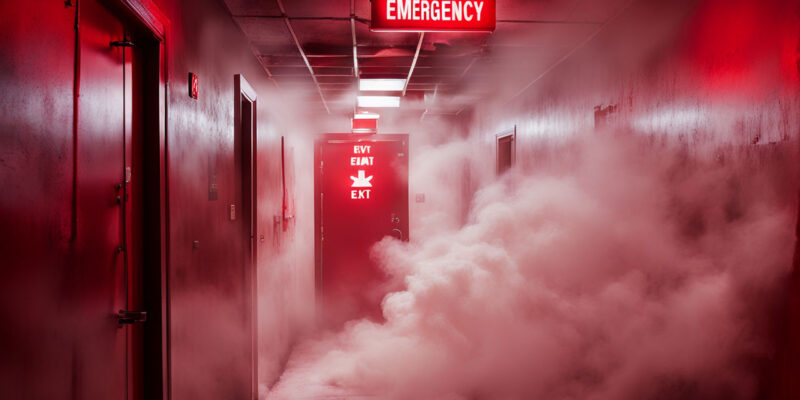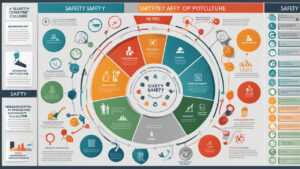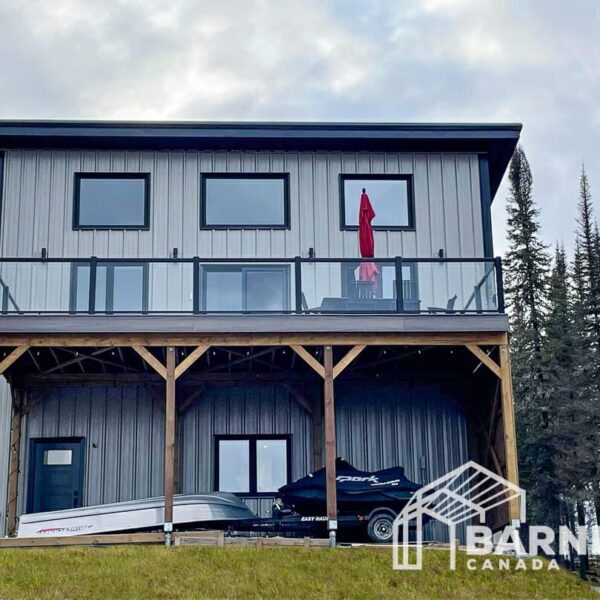
In Pakistan’s oil and gas industry, Safety Officers are playing an important role for managing various hazards that can affect workers and operations. If you’re looking to advance your career, especially with a NEBOSH course in Lahore, understanding these responsibilities is essential. In this article, we will explore Safety officer responsibilities in Oil & Gas sector.
1. Hazard: Equipment Failure
Responsibility: Conducting Regular Risk Assessments
Equipment in the oil and gas industry can fail due to wear and tear, leading to serious issues like leaks, explosions, or fires. A primary safety officer responsibility is conducting regular risk assessments to identify and address potential equipment issues. This includes inspecting machinery, assessing its condition, and ensuring that maintenance schedules are adhered to, helping prevent accidents and ensuring smooth operations.
2. Hazard: Hazardous Substances
Responsibility: Developing and Applying Safety Policies
Handling hazardous substances, such as chemicals or crude oil, presents significant risks including spills and health hazards. Safety Officers in Lahore must develop and enforce safety policies as part of their safety officer responsibilities. These policies cover safe handling, storage, and transportation of hazardous materials, minimizing accident risks and ensuring compliance with local regulations.

3. Hazard: Lack of Employee Awareness
Responsibility: Providing Ongoing Training and Education
A common hazard is employees not being fully aware of safety protocols, which can lead to mistakes and accidents. Safety Officers in oil and gas sector must provide ongoing training and education to ensure all workers understand and follow safety procedures. Completing a NEBOSH course in Lahore can equip Safety Officers with the skills needed to effectively train their teams on everything from the proper use of PPE to emergency response actions.
4. Hazard: Emergency Situations (Fires, Explosions, etc.)
Responsibility: Emergency Response Planning
Emergencies such as fires or explosions require well-coordinated responses. Safety Officers in Lahore are responsible for developing and maintaining effective emergency response plans, a key safety officer responsibility. These plans include evacuation routes, communication strategies, and emergency equipment, ensuring that everyone is prepared to act swiftly and effectively during crises.

5. Hazard: Accidents and Near Misses
Responsibility: Incident Investigation and Reporting
Investigating accidents and near misses is crucial for identifying and addressing underlying hazards. Safety Officers are tasked with investigating incidents in Lahore, gathering evidence, and analyzing root causes. This thorough investigation helps in implementing corrective actions to prevent future occurrences, highlighting a critical safety officer responsibility.

6. Hazard: Regulatory Non-Compliance
Responsibility: Monitoring and Auditing Safety Compliance
Failure to comply with safety regulations can result in fines, legal action, or even shutdowns. Safety Officers must monitor and audit safety compliance regularly to make sure that all operations meet local, national, and international safety standards. Keeping safety practices up-to-date and compliant is a fundamental safety officer responsibility. Completing a NEBOSH in Islamabad helps Safety Officers stay informed about the latest regulations and how to apply them in their workplaces.
7. Hazard: Weak Safety Culture
Responsibility: Building a Strong Safety Culture
safety culture can lead to increased risk of accidents. Safety Officers in Lahore must foster a strong safety culture, a core aspect of their safety officer responsibilities. This involves leading by example, promoting safety awareness, and encouraging employees to prioritize safety and report potential hazards.

8. Hazard: Environmental Damage
Responsibility: Protecting the Environment
operations can negatively impact the environment, including spills or harmful emissions. Safety Officers in Lahore are responsible for implementing measures to protect the environment, such as proper waste management and spill prevention. Effective environmental protection is a crucial safety officer responsibility.
9. Hazard: Ineffective Safety Measures
Responsibility: Continuous Improvement
Safety measures can become outdated over time. Safety Officers in Lahore must focus on continuous improvement, a key safety officer responsibility. This involves staying informed about the latest industry trends and technologies, regularly reviewing, and updating safety procedures to ensure they effectively mitigate risks.
Why Safety Officer Courses Are Important
Safety Officer courses, like the NEBOSH course in Pakistan, are important because they provide the essential knowledge and skills needed to handle the unique hazards of the oil & gas industry. Companies in Pakistan invest in these courses and provide all of these employees customized corporate trainings to manage risks, prevent accidents, and protect workers. As technology and operations evolve in 2024, these courses are more important than ever for staying ahead of new hazards and maintaining a safe working environment.
FAQs
1. What qualifications are required for a safety officer in the oil and gas industry?
Safety officers usually need a bachelor’s degree in occupational health and safety or a related field, along with relevant certifications such as ASP or NEBOSH course in Lahore.
2. How often should safety training be conducted in oil and gas facilities?
Safety training should be conducted regularly, with new employees receiving comprehensive initial training and all employees participating in refresher courses at least annually or when new procedures or equipment are introduced.
3. What role does technology play in a safety officer responsibilities?
Technology is increasingly important, with safety officers using digital tools for risk assessments, incident reporting, training delivery, and real-time monitoring of safety metrics.
4. How do safety officers balance productivity concerns with safety requirements?
Safety officers work closely with operations managers to integrate safety practices into work processes, demonstrating how safe operations contribute to overall productivity and cost savings in the long run.
5. What are some emerging challenges for safety officers in the oil and gas industry?
Emerging challenges include addressing mental health and fatigue management, adapting to remote and automated operations, and developing strategies to protect workers from new environmental hazards related to climate change.
Read More: Best site to read blogs











